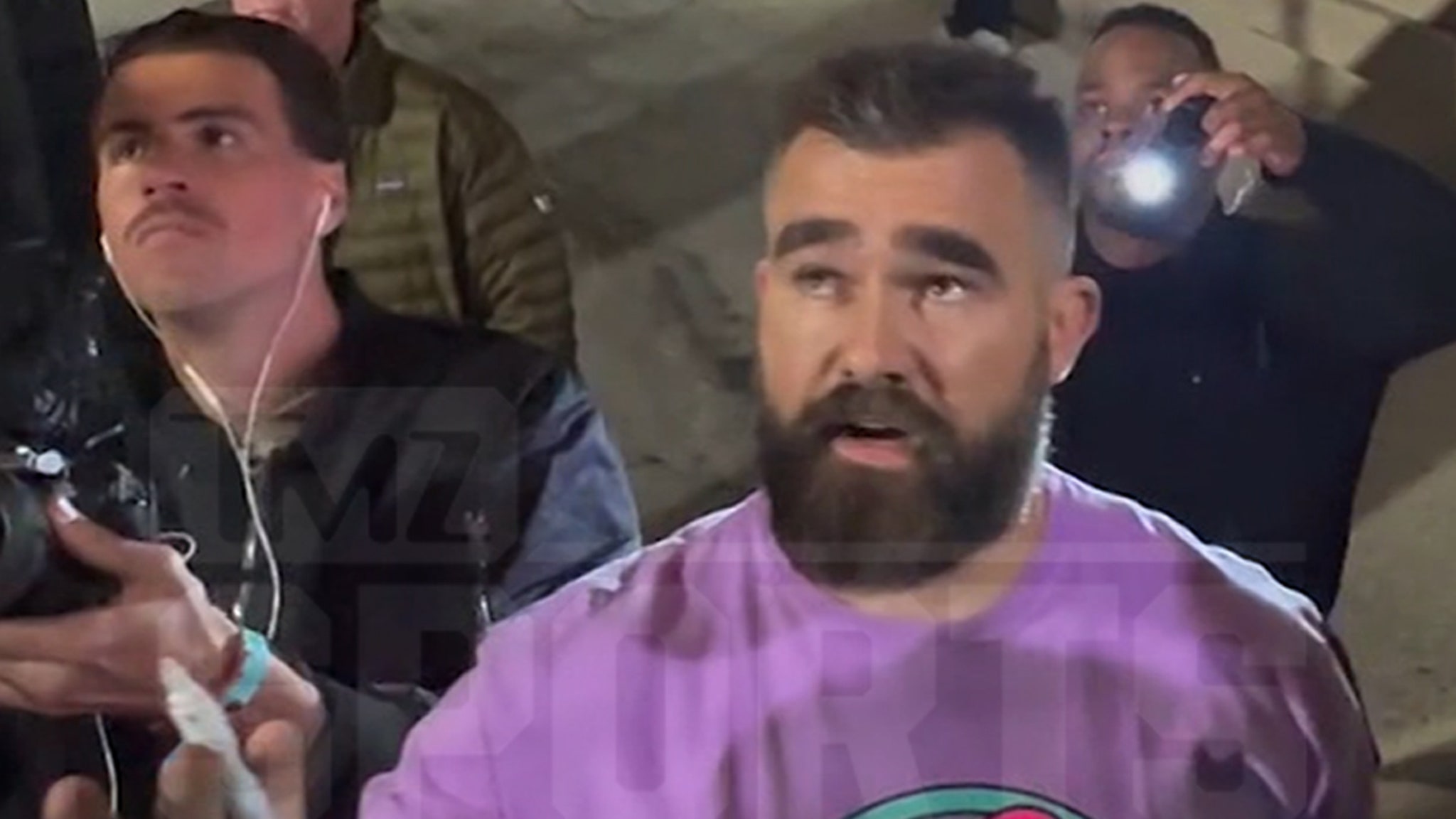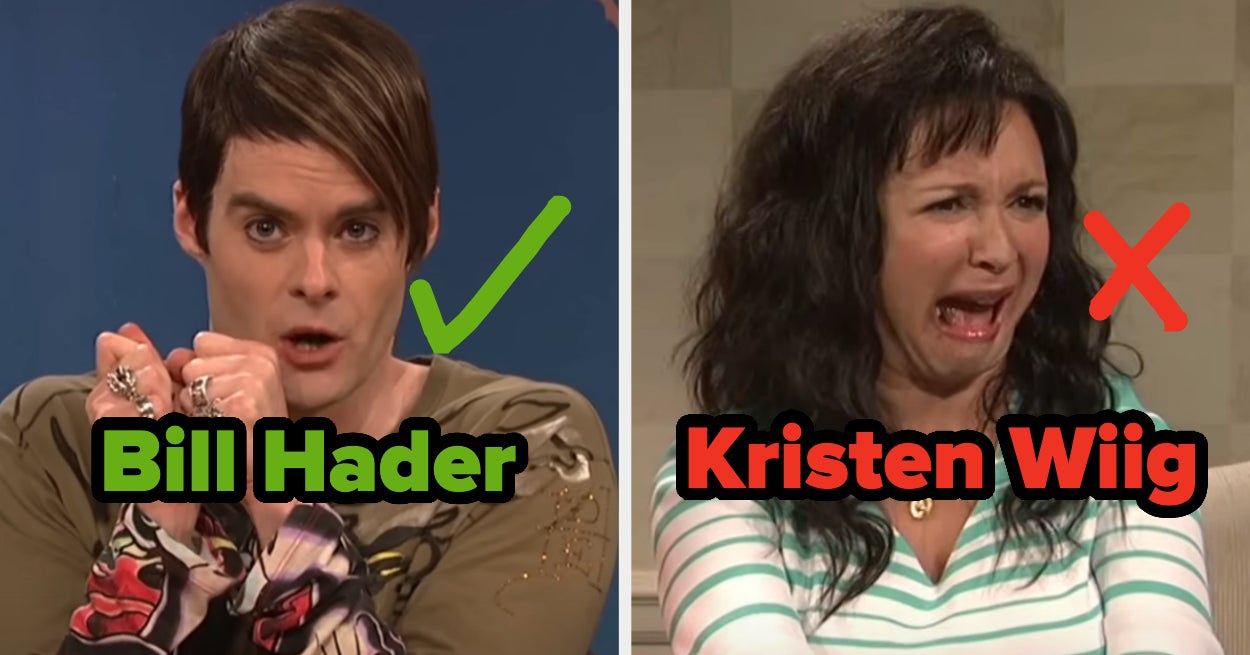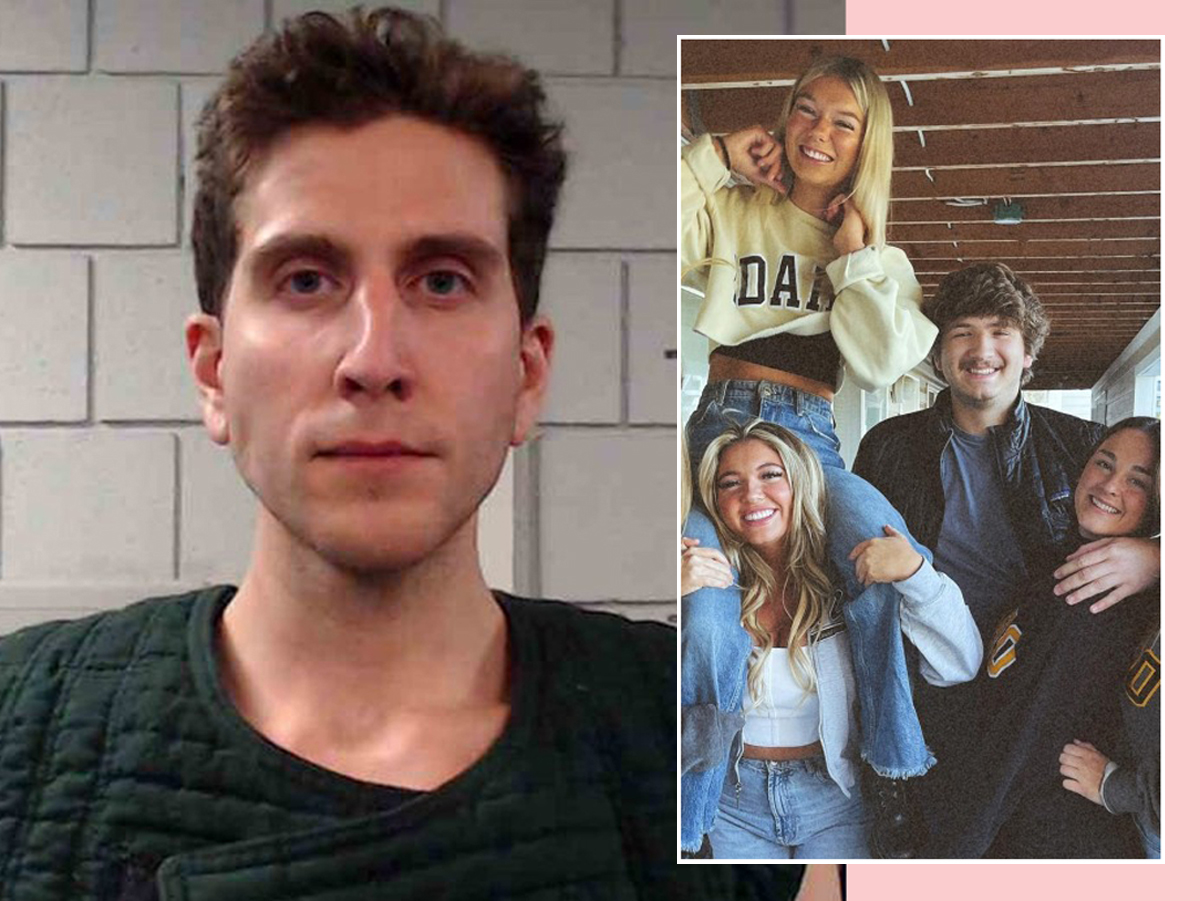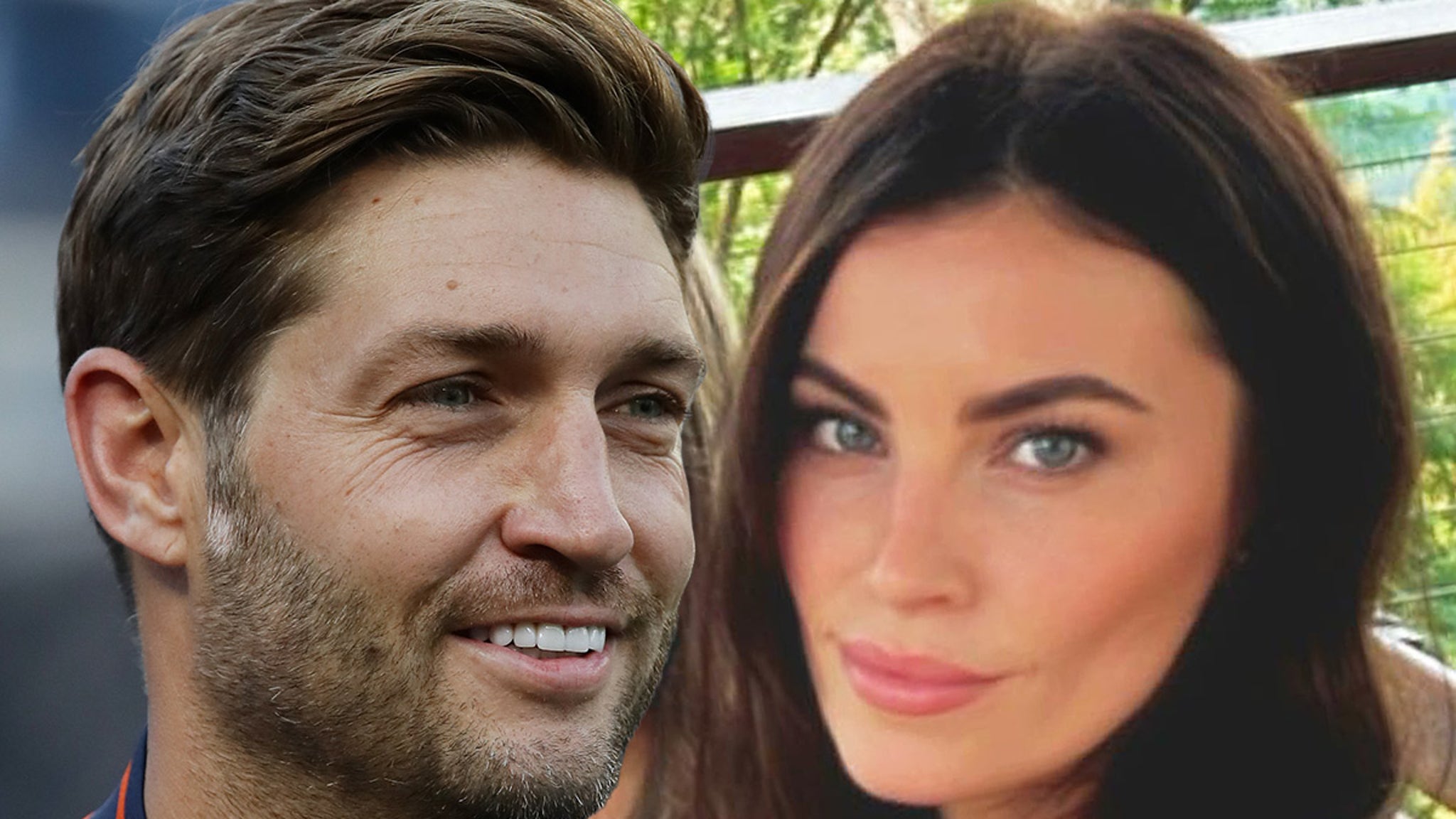Television is full of characters who have mental health conditions. Too many characters desperately need therapy but aren’t getting it.
Dramas often include moving stories about people’s challenges with PTSD, bipolar disorder, and other mental health issues, and many comedies also center around the maladaptive ways characters deal with life.
Sadly, some characters — just like people in real life — don’t realize they need help. They screw themselves up during episode after episode, breaking our hearts.

Mental Health Should Always Be Treated Seriously on TV
Characters’ Need for Therapy Shouldn’t Be A Joke
There are as many comedic characters who desperately need therapy as there are dramatic ones, but let’s be clear about one thing: having a mental health condition isn’t a joke.
Related: Days of Our Lives: Why Social Messaging Matters
Every character’s mental health issue is one that someone in real life has, and it’s important that shows avoid stereotypes or mocking mental health conditions for a cheap laugh.
Fortunately, there are plenty of shows that handle issues sensitively — even if sometimes the characters’ unhealthy behavior can lead to entertaining situations.

Kevin Pearson Had Multiple Mental Health Issues
His Low Self-Esteem And Unresolved Issues Led To Alcoholism And Other Destructive Behavior
This Is Us’ Kevin Pearson was severely underused, especially considering his mental health issues.
Kevin’s low self-esteem and belief he wasn’t good enough were exacerbated by his father’s untimely death. He got married at 18 only to blow up the relationship, after which he jumped from one woman to another without thinking about what he really wanted in a partner.
His alcoholism led to him sobering up without having any real sense of what to do with his life, and his lifelong resentment of Randall led to the two not speaking for a year.
If anyone in TV Land desperately needed therapy, it was Kevin, but sadly, he never got it throughout the course of the series, even though Randall’s mental health issues were explored in depth.

Days of Our LIves’ JJ Deveraux Didn’t Get Therapy Even After A Suicide Attempt
The Soap Missed An Opportunity For Strong Drama
When JJ Deveraux returned to Salem in 2013, he’d been kicked out of boarding school for weed possession and was acting out in all sorts of ways because of his father’s death.
Related: 7 Ways Days of Our Lives Could (And Should!) Be Using JJ Deveraux
JJ was spiraling out of control and unintentionally repeating history by acting destructively out of guilt over disappointing the people he loved — something Jack Sr had spent most of his adult life doing.
Even after JJ’s pain and anger culminated in his arrest for throwing a chair through a bookstore window, nobody even suggested therapy. Instead, JJ was treated as a criminal who acted out for no good reason.

The Fourteenth Doctor Was So Worn Down He Had To Retire
His Final Episode Indicated That Bigeneration Would Allow Him To Heal
Doctor Who‘s post-2005 Doctors have all seen a lot of disturbing stuff, so it’s no wonder this character desperately needs therapy.
Companions have died, worlds have ended, and the Doctor has to deal with the fact that their own people are dead, and they are largely responsible.
The Fourteenth Doctor was so worn down with guilt and depression that when he bi-generated instead of regenerated, Fifteen suggested that he needed to take some time to rehabilitate himself.
Fourteen is living the retired life, hanging out with the Nobles and taking Rose on unauthorized joy rides, but he could probably use some therapy — if he can find a therapist who can understand his dilemma as a time-traveling alien who is thousands of years old.

The Good Doctor’s Shaun Murphy Had A Traumatic Childhood
Shaun Could Also Use Some Help Dealing With Relationships
The Good Doctor’s Shaun Murphy ran away from his abusive father at a young age, only to see his older brother die right in front of him.
Related: The Good Doctor Renews Debate About TV’s Portrayal of Autistic Characters
That would mess anyone up, autistic or not. No wonder Shaun attached himself to Dr. Glassman.
As an adult, his stubbornness and insistence on having everything his own way annoyed others and nearly derailed his relationship with Lea. The series attributed these behaviors to his autism, but therapy could have helped him change them.

Law & Order: SVU’s Amanda Rollins Resisted Therapy
The Atlanta Transplant Had A Gambling Addiction
To be fair, Rollins tried therapy… sort of. After testifying in a rape trial, she got as far as the waiting room in a therapist’s office before deciding it wasn’t for her.
Related: Law & Order: SVU Season 25 Episode 11 Review: Did SVU FINALLY Pave the Way for Rollins to Return Full-Time?
Sadly, Rollins left SVU without having dealt with her past trauma, her dysfunctional relationship with her family, or anything else that contributed to her gambling addiction and other destructive behavior.
When she returned for a guest spot, she was in a happy marriage, but she couldn’t figure out what to do with herself now that she’d quit her job. Therapy could help her figure it out.

All In The Family’s Archie Bunker’s Worldview Was Shaped By His Upbringing
The Iconic Character Satirized Bigoted Views But Was Utterly Relatable
While politics might have ruined many modern shows, All in the Family offered America Archie Bunker: a blue-collar worker who held many absurd and narrow-minded ideas yet was still a three-dimensional character who came across as sympathetic at times.
In one famous scene, Edith explains to Mike that Archie was forced to drop out of high school to help his family and that his antagonism came from jealousy that Mike can do things that Archie will never get to do with his life.
Additionally, a lot of Archie’s prejudices and anger came from feeling like the life he’d always known was slipping away and that life in America was changing too rapidly — something modern audiences can identify with, as well.
Archie would never have willingly seen a therapist, which is unfortunate because this character desperately needs therapy. His issues deserve understanding and resolution rather than condemnation.

Sheldon Cooper Most Likely Had Undiagnosed Autism
His Annoying Behaviors Could Have Been Modified By Therapy
When The Big Bang Theory began, many autistic viewers were thrilled by Sheldon Cooper.
Related: The Big Bang Theory Cast: Where Are They Now?
Sheldon’s difficulty understanding sarcasm and social cues, his hatred of change, and his need to cling to routines at all costs felt familiar to those of us on the spectrum.
Young Sheldon suggested that Sheldon was assessed and found to be neurotypical, but autism understanding in the late 1980s and early 1990s was nothing like it is today, so it’s likely someone like Sheldon would not be diagnosed until adulthood, if at all.
Therapy would have helped him learn how to function better in a neurotypical world and how to detach from his mother, but then the series wouldn’t have been nearly as funny.

Will Trent Went From a Traumatic Childhood To A Traumatic Career
Growing Up In Foster Care Set Him Up For A Lifetime of Trauma
Will Trent’s experiences in foster care were so traumatic that he blocked out many of the memories until recently.
In some ways, he’s been very successful as an adult — neither his dyslexia nor his trauma has stopped him from working with the Georgia Bureau Of Investigation, where he deals with horrific cases that add to his trauma.
Still, he fits the tired TV trope of the brilliant detective whose personal life is a mess. suggesting that this character desperately needs therapy.
His relationship with Angie, whom he’s known since childhood, is a case in point: that’s been ruined, and he could use some help understanding what went wrong and what to do differently in the future.

Stella Walker Has Been Through The Wringer
The Teenager’s Resentment of Her Dad’s Absence Is The Least Of Her Problems
If there ever was a character who desperately needs therapy, it’s Stella.
Related: Walker Renewed for Shortened Season 4 at The CW
Throughout Season 3, Violet Brinson delivered a layered performance, showing Stella’s PTSD and guilt when she believed she and Sadie had killed Witt.
To make matters worse, Witt wasn’t dead. He’d disappeared because his mother had threatened him. Learning that was even more shocking and upsetting for Stella.

Chicago Med’s Crockett Marcel Needs Therapy During His Leave of Absence
He Was In Bad Shape Before He Decided To Leave
Crockett Marcel is leaving Chicago Med, likely because he is having such a hard time dealing with the death of both a patient and the patient’s father.
Marcel has always been a complex character. When he first joined Gaffney Medical Center, he was flirting with every woman imaginable to hide his fear of intimacy, and that fear nearly ruined his first serious relationship.
His infant daughter died of leukemia, which fueled his desire to make a difference for his patients but also turned him into a workaholic who was constantly trying to distract himself from his pain.
Any healing he does now will be off-screen, but he definitely needs some therapy.

The Bear’s Carmy Berzatto Is A Character Desperately In Need of Therapy
Anxiety and PTSD Are Only The Tip Of The Iceberg
Profound grief, crippling anxiety, and a traumatic childhood is a recipe for disaster. At least that’s the case with Carmy.
Related: The Bear: The Vitriolic Response to SydCarmy ‘Shipping is Getting Weird
Since we met him, Carmy has been struggling and barely keeping his head above water and emotions in check.
But with the increased stress of kicking off The Bear, his personal relationships have hit a new low as his self-destructive ways have gotten the better of him. Carmy may need a little one-on-one couch time.

Hailey Upton Has Been Falling Apart At The Seams
This Cop Was Addicted To Dangerous Situations
Hailey Upton is perpetually in crisis mode, so it’s no surprise that she left Chicago PD at the end of season 11.
This character desperately needs therapy. She’s been falling apart for at least three years while doing everything she can to pretend she’s fine.
It’s shocking that she didn’t get department-mandated therapy for any number of slip-ups and related issues, especially when they affected her job.
I’m keeping my fingers crossed that after nearly dying, losing Voight, and still struggling with Halstead abandoning her, she’ll consider it wherever she lands after her exit.

Harper Stern May Have A Personality Disorder
A Difficult Childhood Contributes To Her Problems
Harper Stern is someone who very well could have a personality disorder.
Related: Industry Season 3: Premiere Date, Cast, Plot, and Everything Else We Know So Far
She’s certainly a narcissist, calculated, and manipulative, and she doesn’t exactly play well with others.
We know there’s more to her past and that she had a rough background. All of that and more is enough reason for us to think this character desperately needs therapy.

Maybe His Bad Luck Is Due To His Mental Health Issues
Does it matter who we ship on The Summer I Turned Pretty when the best ship of all is Conrad and therapy?
He battles a great deal of that First Child Syndrome, where he tends to put so much on his shoulders and the welfare of others ahead of his own. Usually.
His mother died, and he hasn’t coped with that in the best way, and now he lost his first real love to his brother.
Maybe things will fare better for Conrad if he has the space to work on himself.

The Rookie’s Tim Bradford Deserves A Real Therapist
He Has a Ton Of Regrets That Are Getting In His Way
Technically, Tim did consult a therapist through the department and genuinely embraced the process after a bit — but she turned out to be a plant who was working with the villainess Monica.
Related: 13 Television Characters With Evil In Their Veins
We’d love for Tim to have another shot with a legitimate therapist to unpack some of his regrets regarding his military days and make peace with his difficult childhood because of his father.
Maybe it will lead him back to Lucy.

Yellowstone’s Jamie Dutton Needs Therapy Even More Than His Sister
Being The Black Sheep For Years Has Left Him Broken
Where do we start?
Yellowstone‘s Jamie Dutton is a bastard child of addict and abusive parents, taken in by John Dutton, who held him to different standards than his own kids (the whole family could use therapy, honestly!)
Jamie never felt like part of the family because he wasn’t. His coping mechanisms have ranged from bad decisions to murder, with every possible level in between.
Although this character desperately needs therapy, the reality is that it’s probably too late for it to set him straight, though it wouldn’t hurt to try.

When Calls The Heart’s Henry Gowen Is Dealing With The Aftermath of a Disaster
He Seems To Be Coping Better Than He Actually Is
While it seems like Henry has finally found his place in Hope Valley, he’s still withdrawn and suffering in the wake of Coal Valley’s devastating mining disaster that he could have done more to stop.
Related: When Calls the Heart Season 11 Report Card: A Lackluster Season With a Few Bright Spots
Like others on this list, Henry coped with various misdeeds that further alienated him from his community and fueled his self-hatred. Henry has come a long way, but the community can only do so much to help him reconnect.
Unfortunately, even though this character desperately needs therapy, we’re not sure that the field of psychology had come far enough in his time for him to seek help.

SEAL Team’s Jason Hayes Needs To Get Back Into Therapy ASAP
He Stopped When He Was Deployed, But He Is Not Okay
SEAL Team began with Jason seeing a therapist, but deployments, family matters, and the belief he was above it cut into the process.
As an active “operator” in the war on terror, Jason has seen more than most. He’s also lost his wife, which is almost unfathomable when it was she who believed every tour might be his last.
Irony aside, Jason might want to revisit the notion that talking with someone removed from his daily strife could point him in a different direction.
(Honorable mention: All of Bravo Team need similar treatment!)

Criminal Minds: Evolution’s David Rossi Is A Character Desperately In Need Of Therapy
His Refusal To Leave The FBI Despite Advanced Age Is Only One Issue
As an FBI agent, Rossi is long in the tooth. He’s in his mid-70s and still operating in the field. WHAT?
Related: Must-Have TV Guests for Our Independence Day Party
After being kidnapped and left for dead in one of Elias Voit’s underground bunkers, Rossi began hallucinating about Voit.
Rossi’s psyche is constantly plagued by the diabolical mastermind, which was exacerbated when Voit became a functioning member of the BAU. You can’t make this stuff up, but you can go to therapy to work through it.

Over to you, TV fanatics.
Which characters do you think could use a couple of sessions on a therapist’s couch?
Hit the comments and let us know!























![‘Chicago Med’ Recap Season 10, Episode 8 — [Spoiler] Dead or Alive ‘Chicago Med’ Recap Season 10, Episode 8 — [Spoiler] Dead or Alive](https://tvline.com/wp-content/uploads/2024/11/chicago-med-recap.jpg?w=650)























































